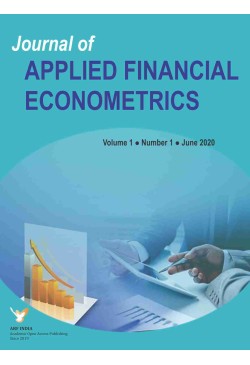The study seeks to examine the effect of pension contributory fund on the economic growth of Nigeria. Both the exploratory and ex-post facto designs were adopted in this study. The study population consist of 12 (2010 – 2021) years period given the number of years the data was collected. Using a consensus sampling method, the 12 years are used as sample size. The study used the ordinary least square regression technique, specifically the Vector Autoregressive model for testing the hypotheses stated. The first findings revealed that, employer pension fund has a negative insignificant effect on gross domestic product in Nigeria. While, the second hypotheses tested revealed that, employee pension fund has a negative insignificant effect on gross domestic product in Nigeria. Lastly, the final hypothesis tested revealed that, combined employee pension fund has a positive insignificant effect on gross domestic product in Nigeria. As a result, it is recommended that, government and other private employers must upscale their respective contribution to pension fund of their respective employees/staff to enable pension houses access enough fund for investment. This investment will drive development in the form of bursting manufacturing activities and production to upscale contribution to the gross domestic product of Nigeria. Employees on their path must adequately remit their pension contribution to pension houses. This will increase the amount of pension fund accessible for investors to contribute to economic growth and development. It is recommended that pension house should direct the combined pension fund available into investment. This is the only viable means to contribute to economic growth.
Keywords: Pension, Pencom, RSA, Scheme, Retirement, Employers, Employees
Jel Code: G30
Fineboy Ikechi Joseph, Nwankwo, Kelechi Calistus, Akujor, Jane Chinyere, Ukangwa, Jane Uchechi and Omeonu, Obioma Manasseh (2022). Effect of Pension Fund Accounting on Economic Growth in Nigeria. Journal of Applied Financial Econometrics, Vol. 3, No. 2, pp. 159-174. https://DOI:10.47509/JAFE.2022.v03i02.02
